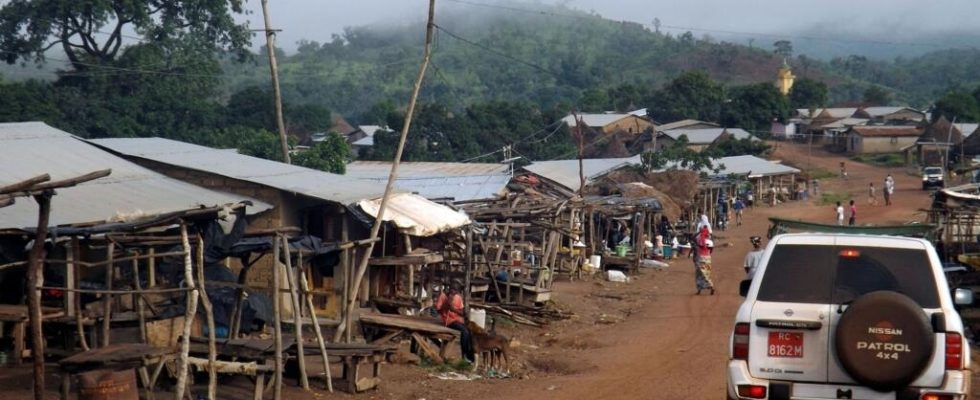In Guinea, Action Mines denounces a lack of transparency in railway projects linked to the giant iron deposit of Simandou, in the south-east of the country. The NGO affirms that no recent environmental impact study has been made public regarding the future Transguinéen, supposed to transport the ore to the sea. Explanations.
2 mins
In Guinea, civil society is concerned about the lack of transparency of railway projects linked to the giant iron ore deposit of Simandou. After the launch of the first works of the Transguinéen from Kérouané to Forécariah, on the coast, by the company Winning Consortium Simandou, it is the turn of the consortium led by the multinational Rio Tinto to begin the preparatory work of its own section, between Beyla and Kérouané, to connect the two parts of the deposit together. However, the environmental impact study has not been made public in its updated version.
Read alsoGuinea: development work on Simandou iron mines will resume
This environmental impact study allows the public to know the companies’ commitments in terms of adaptation and compensation to populations. The Guinean NGO Action Mines had already deplored last year the non-publication of this document by Winning Consortium Simandou, while the first works of the Transguinéen, supposed to transport the ore to the sea, have already, according to Amadou Bah, executive director of the association, harmed the local populations. “ There are the lowlands which are flooded by the works of the Winning Consortium company. Simandou, he says at the microphone of Claire Fages. There are of course fields which can no longer yield because they have dumped them, there are watercourses which are polluted “.
This time, it is from Rio Tinto-Simfer, which is starting its own railway works, that Action Mines is requesting an update of its impact study, which is obsolete, according to Amadou Bah because it dates from 2012: “ Environmental conditions have changed at the local level. The demographics have changed. Aspects of biodiversity have changed. So, it would be important for this update to be released because conditions have changed in the meantime. »
Contacted by RFI, Rio Tinto Simfer assures that a review launched two years ago “ will guarantee the strictest environmental and social standards “. And that once approved, it will be published by the government of the Republic of Guinea.
Read alsoGuinea: Simandou a coveted mine, reserves of 8 billion tonnes of iron ore
